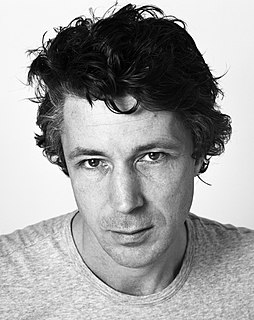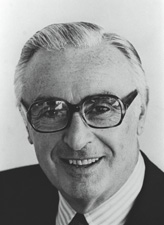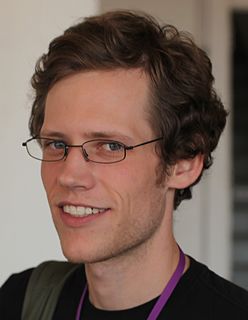A Quote by Aidan Gillen
I can read people, and if the other person doesn't want to say anything, I'm fine with that. People say things when it's time to say them.
Quote Topics
Related Quotes
I'm more likely to not invite someone back for not talking. If someone talks a lot, I can usually shut them up and control them. But with people who don't talk, if they don't really want to talk, they probably shouldn't be on this show, and that's fine. They're talented people with things to say, but sometimes people say what they have to say through other means than arguing.
Crocker's Rules didn't give you the right to say anything offensive, but other people could say potentially offensive things to you, and it was your responsibility not to be offended. This was surprisingly hard to explain to people; many people would read the careful explanation and hear, "Crocker's Rules mean you can say offensive things to other people."
People say strange things, the boy thought. Sometimes it's better to be with the sheep, who don't say anything. And better still to be alone with one's books. They tell their incredible stories at the time when you want to hear them. But when you're talking to people, they say some things that are so strange that you don't know how to continue the conversation.
I get a lot of e-mail messages from people who say thanks for giving them a place to vent, an outlet to say what they can't say in real life with friends and work colleagues - things that they know are wrong, but they still want to say. Is it right? No, of course not. People say some disgusting, vile things.
People say to me, Oh, it's so wonderful that you're writing about real things, and that it's a political thing to do, and I say, look-to be in my position and not say anything is a hell of a political thing. You need to think politically, otherwise you'll be one of these people who says, Oh, this person's saying this and that person's saying that, and I'm confused. And I say, yeah, because you want to be confused.
When I started out as an actor, I thought, Here's what I have to say; how shall I say it? I began to understand that what I do in the scene is not as important as what happens between me and the other person. And listening is what lets it happen. It's almost always the other person who causes you to say what you say next. You don't have to figure out how you'll say it. You have to listen so simply, so innocently, that the other person brings about a change in you that makes you say it and informs the way you say it.
In a relationship when things are really great you don't need to say anything and just enjoy the other person. Sometimes with a couple, it gets dark and you don't know what to say and that silence can last all day. Other times you don't want to stop talking because you don't want to lose one another.
You have to learn to say no not just to things you don't want to do, you have to say no to things that you want to do, things that are good to do. You have to realize that every time you say yes to one thing you've got to take something else off the plate. Critically, I think you have to realize that it's easier to say no than to say maybe.
I would hate to say as a non-African-American person that it would be wrong for a black person to direct white people in a movie. Wouldn't that be awful of me to say that? The only sympathizing thing I might say for people that want to [grumble] is that a filmmaker should have an understanding for the place where the people you're portraying are coming from.




































